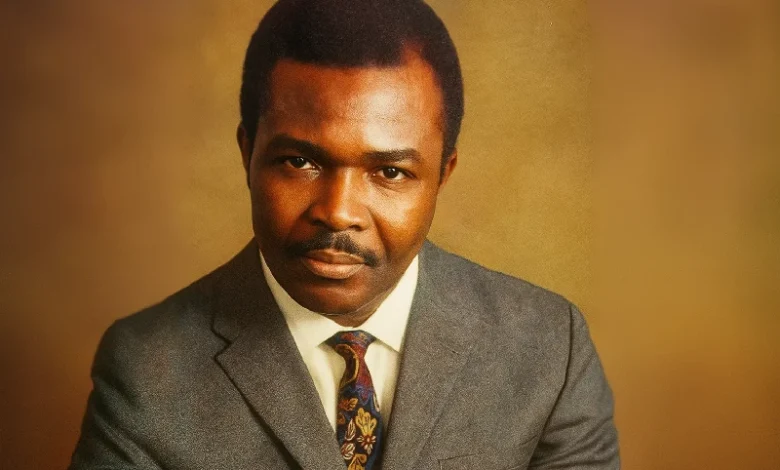Oliver N. Philip

Oliver Norris Philip, affectionately known as “Uncle Tom” or “Stump” Philip, served as Commissioner of Police in the Commonwealth of Dominica from 1972 until his retirement in 1984, spanning the island’s transition to independence and beyond. Born in Marigot in 1926 to farmer parents Claris Frederick (later Younger) and stepfather Edward Younger, Philip spent his early years helping on the family farm while attending Marigot Government School through the seventh standard. Although he did not earn a scholarship to secondary school, he persevered by becoming a Pupil Teacher at age 15, teaching from 1941 to 1945, and then entering the Commonwealth of Dominica Police Force (CDPF) in 1946.
Leadership, Training, and Legacy
Philip rose steadily through the ranks, Constable, Lance Corporal, Corporal, Sergeant, Inspector, Assistant Superintendent, before becoming Commissioner. Renowned for professional excellence, he trained in forensic techniques, fingerprinting, and crime investigation at Scotland Yard, Interpol headquarters in Geneva, and law-enforcement schools in Trinidad and the United States, often earning top honors, even in marksmanship. His contributions earned him the Most Excellent Order of the British Empire (MBE) in the early 1970s.
On 19 December 1981, during an attempted coup by the disbanded Defence Force aimed at freeing jailed former Prime Minister Patrick John, Philip was shot in the head at close range while on duty. He was airlifted to Martinique for treatment and made a full recovery, a testament to his resilience.
Philip also remained grounded in his origins, maintaining farmland in Marigot, where he farmed on weekends and passed agricultural knowledge to his children. Active in civic life, he served as a Rotary Club Secretary and was involved in both the Reformed Methodist and Christian Union Mission churches. He also honed his public speaking via local debating clubs alongside professionals such as lawyers and doctors.
He passed away in August 2011 in Silver Spring, Maryland, USA, survived by his wife Maria Ifill Philip (former Foreign Service officer), eight children, 21 grandchildren, and a great-grandson. His legacy in Dominica endures through his reforms in the police force, mentorship of younger officers, and example of dedicated public service.




